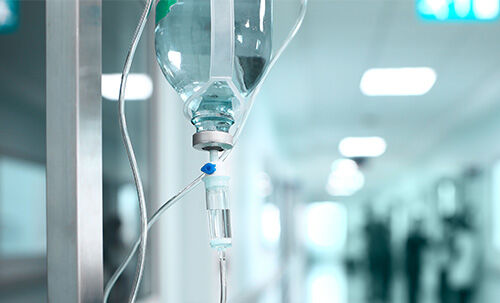Healthcare-associated infections

Healthcare-associated infections are infections acquired by patients during their stay in a hospital or another healthcare setting. Although some of these infections can be treated easily, others may more seriously affect a patient’s health, increasing their stay in the hospital and hospital costs, and causing considerable distress to these patients.
The most frequently reported types of healthcare-associated infections are respiratory tract infections, surgical site infections, urinary tract infections, bloodstream infections and gastro-intestinal infections, with Clostridioides difficile infections representing almost half of the gastro-intestinal infections.
More than 3.5 million cases of HAI are estimated to occur in the European Union and European Economic Area (EU/EEA) each year, leading to more than 90 thousand deaths and corresponding to approximately 2.5 million disability adjusted life years (DALYs), a burden estimated to exceed the cumulative burden of other infections including influenza and tuberculosis in the EU/EEA.
Furthermore, HAIs constitute 71% of cases of infections with antibiotic-resistant bacteria, including bacteria resistant to last-resort antibiotics, such as carbapenem-resistant Enterobacterales.
Up to 50% of HAIs are estimated to be preventable. The application of infection prevention and control measures in healthcare settings is essential to prevent HAIs.




